Vice in its Proper Shape Read online
Produced by Mark C. Orton and the Online DistributedProofreading Team at https://www.pgdp.net (This file wasproduced from images generously made available by TheInternet Archive/American Libraries.)
FRONTISPIECE.]
VICEIN ITSPROPER SHAPE;OR, THEWonderful and MelancholyTRANSFORMATIONOF SEVERALNAUGHTY MASTERS AND MISSESINTO THOSEContemptible ANIMALS which they mostresemble in Disposition.
Printed for the Benefit of all GOOD BOYSand GIRLS.
THE FIRST _WORCESTER_ EDITION.
PRINTED at WORCESTER, _Massachusetts_,BY ISAIAH THOMAS,Sold at his BOOKSTORE, and by THOMASand ANDREWS in BOSTON.
MDCCLXXXIX.
INTRODUCTION.
It was the opinion of the wise _Pythagoras_, and of some otherphilosophers, that the souls of men, women, and children, after theirdeath, are sent into other human bodies, and sometimes into those ofbeasts and birds, or even insects; and that they hereby change theirresidence either to their advantage or disadvantage, according to theirgood or ill behaviour in their preceding state of existence. Thissingular opinion still prevails in some part of the Eastindies; andthat to such a degree that they make it criminal to put any animal todeath: "For how do you know, say they, but in killing a sheep, a bird,or a fish, you murder your father, or your brother, or some otherdeceased friend or relation, whose soul may inhabit the body of theanimal you so wantonly destroy?" An officer in the service of theEastindia Company, and a particular friend of mine, had like to havelost his life by not paying a proper deference to this whimsicalnotion; for being some time in that part of the country, and happeningto shoot a heron, he was immediately arrested and prosecuted for it byone of the natives. The man insisted that the heron was inhabited bythe soul of his father; and supported his point so much to thesatisfaction of the court, that had it not been for the friendlyassistance of a Jew, who appeared as the captain's advocate, he wouldcertainly have been condemned. The Jew, allowed that what the plaintiffhad asserted was strictly true, but pleaded in behalf of his client,that the soul of his, the said client's grandmother, resided in thebody of a fish, which the said client had often seen and knew perfectlywell; and that at the time when the heron was killed, the said heronwas going to dart upon the said fish to devour it; so that the saidclient being strongly moved thereunto by his natural affection,instantly shot the said heron purely to save the life of hisgrandmother. This plea was admitted, and the captain was immediatelydischarged by order of the court. It is well for the reader that thecaptain escaped as he did: for if he had been hanged for murdering theheron, it is more than probable that it would have been out of hispower to have returned to England with that curious little treatisewhich I have now taken the pains to translate into English for theamusement of the little masters and misses of Great Britain.
It contains a diverting account of several naughty boys and girls, who,after their death (which was generally owing to their own folly) weredegraded into such animals as they most resembled when alive. I cannotpretend to say who was the author; for his modesty was so great, thathe has not inserted his name in the title page.
The captain tells me, it is the opinion of some of the Indian criticks,that he was an academy-keeper, who wrote for the instruction of hisscholars; and of others, that he was a fond father who wrote for theentertainment of his children; but as it is very possible that both ofthem may be mistaken, I shall not presume to decide which of them havebeen so fortunate as to discover the truth in a matter of such evidentimportance.
I have only to observe, that as long proper names (such as those of theIndians) would have been too crabbed for most of my little readers, Ihave put myself to the amazing trouble of substituting English names intheir room, which are expressive of the characters of the persons towhom they are applied. After humbly begging the author's pardon, fortaking this liberty with his ingenious performance, I must desire allthe masters and misses who read my translation of it, to be extremelycareful to avoid all the crimes and follies which it was intended tocorrect; otherwise, if my friend the captain (who will probably hear oftheir ill behaviour) should happen to speak of it, when he makesanother voyage to India, and it should by any means reach the ear of myauthor, we may perhaps have a second volume, containing a mortifyingaccount of the surprising and lamentable transmigrations of some of thenaughty boys and girls in England.

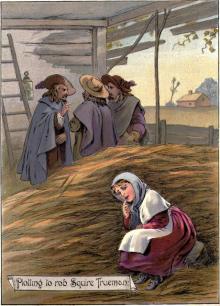 Goody Two-Shoes
Goody Two-Shoes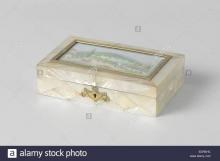 The Pearl Box
The Pearl Box And when you gone...
And when you gone... Stranger At The Other Corner
Stranger At The Other Corner My Young Days
My Young Days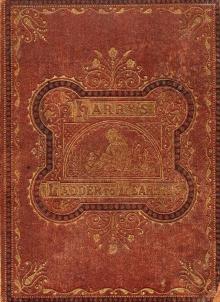 Harry's Ladder to Learning
Harry's Ladder to Learning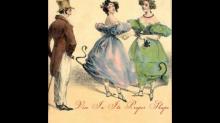 Vice in its Proper Shape
Vice in its Proper Shape_preview.jpg) Promise (the curse)
Promise (the curse) The First Sexton Blake
The First Sexton Blake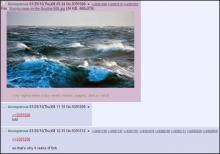 Golden Moments
Golden Moments Hildebrand; or, The Days of Queen Elizabeth, An Historic Romance, Vol. 2 of 3
Hildebrand; or, The Days of Queen Elizabeth, An Historic Romance, Vol. 2 of 3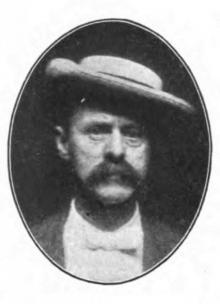 The Ice Queen
The Ice Queen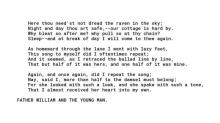 Phebe, the Blackberry Girl
Phebe, the Blackberry Girl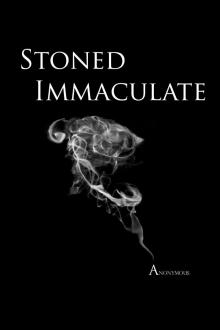 Stoned Immaculate
Stoned Immaculate Hildebrand; or, The Days of Queen Elizabeth, An Historic Romance, Vol. 3 of 3
Hildebrand; or, The Days of Queen Elizabeth, An Historic Romance, Vol. 3 of 3 The Wonder of War on Land
The Wonder of War on Land Breaking Bailey
Breaking Bailey The Little Girl Who Was Taught by Experience
The Little Girl Who Was Taught by Experience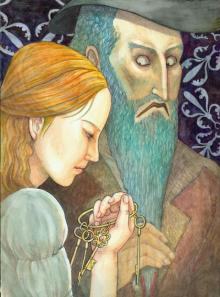 The Popular Story of Blue Beard
The Popular Story of Blue Beard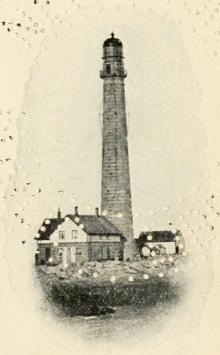 The Life Savers: A story of the United States life-saving service
The Life Savers: A story of the United States life-saving service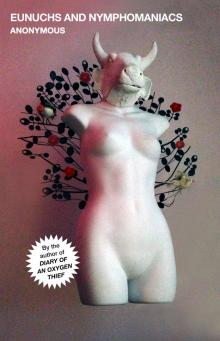 Eunuchs and Nymphomaniacs
Eunuchs and Nymphomaniacs Hildebrand; or, The Days of Queen Elizabeth, An Historic Romance, Vol. 1 of 3
Hildebrand; or, The Days of Queen Elizabeth, An Historic Romance, Vol. 1 of 3 Kitty's Picnic, and Other Stories
Kitty's Picnic, and Other Stories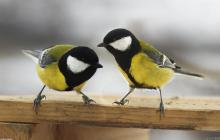 Two Yellow-Birds
Two Yellow-Birds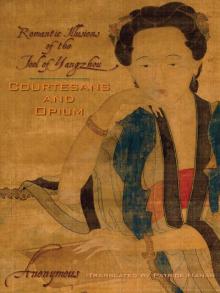 Courtesans and Opium
Courtesans and Opium The Emigrant's Lost Son; or, Life Alone in the Forest
The Emigrant's Lost Son; or, Life Alone in the Forest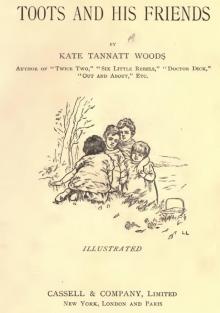 Toots and His Friends
Toots and His Friends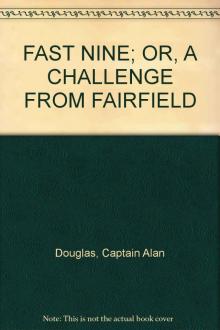 Fast Nine; or, A Challenge from Fairfield
Fast Nine; or, A Challenge from Fairfield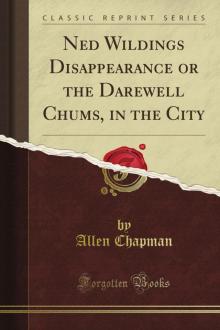 Ned Wilding's Disappearance; or, The Darewell Chums in the City
Ned Wilding's Disappearance; or, The Darewell Chums in the City A Picture-book of Merry Tales
A Picture-book of Merry Tales The Trail of The Badger: A Story of the Colorado Border Thirty Years Ago
The Trail of The Badger: A Story of the Colorado Border Thirty Years Ago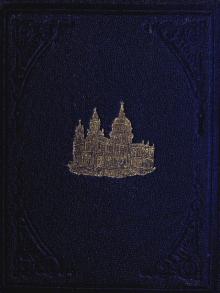 Peter Parley's Visit to London, During the Coronation of Queen Victoria
Peter Parley's Visit to London, During the Coronation of Queen Victoria The Rainbow, After the Thunder-Storm
The Rainbow, After the Thunder-Storm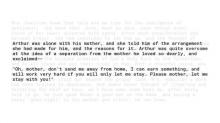 Arthur Hamilton, and His Dog
Arthur Hamilton, and His Dog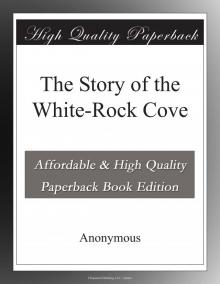 The Story of the White-Rock Cove
The Story of the White-Rock Cove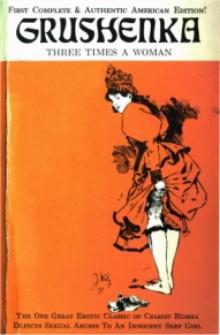 Grushenka. Three Times a Woman
Grushenka. Three Times a Woman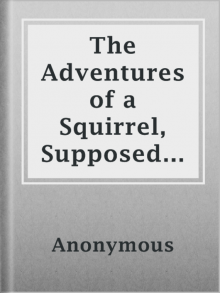 Adventures of a Squirrel, Supposed to be Related by Himself
Adventures of a Squirrel, Supposed to be Related by Himself Falling in Love...Again
Falling in Love...Again The Colossal Camera Calamity
The Colossal Camera Calamity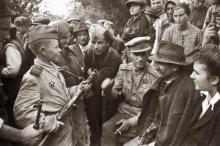 Child of the Regiment
Child of the Regiment Elimination Night
Elimination Night The Kingfisher Secret
The Kingfisher Secret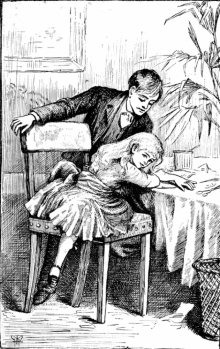 Left to Ourselves; or, John Headley's Promise.
Left to Ourselves; or, John Headley's Promise. The Island of Gold: A Sailor's Yarn
The Island of Gold: A Sailor's Yarn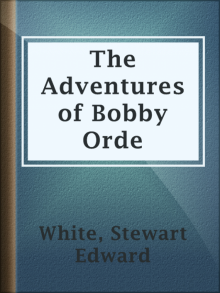 Adventures of Bobby Orde
Adventures of Bobby Orde Twain, Mark: Selected Obituaries
Twain, Mark: Selected Obituaries When Love Goes Bad
When Love Goes Bad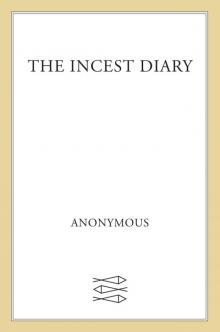 The Incest Diary
The Incest Diary Calling Maggie May
Calling Maggie May The Infidelity Diaries
The Infidelity Diaries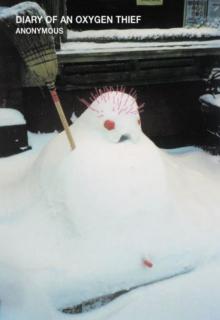 Diary of an Oxygen Thief (The Oxygen Thief Diaries)
Diary of an Oxygen Thief (The Oxygen Thief Diaries) ARABELLA
ARABELLA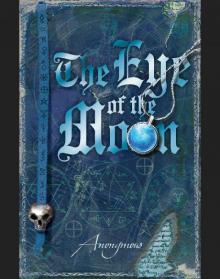 The Eye of the Moon
The Eye of the Moon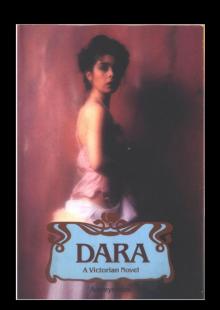 Dara
Dara THE ALTAR OF VENUS: The Making of a Victorian Rake
THE ALTAR OF VENUS: The Making of a Victorian Rake The Book of Death
The Book of Death The Book of David
The Book of David The Devil's Graveyard
The Devil's Graveyard The Book With No Name
The Book With No Name I Am A Lesbian
I Am A Lesbian Njal's Saga
Njal's Saga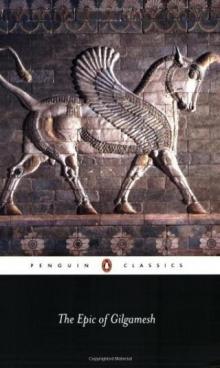 The Epic of Gilgamesh
The Epic of Gilgamesh Darling
Darling Tal, a conversation with an alien
Tal, a conversation with an alien Go Ask Alice
Go Ask Alice Aphrodizzia
Aphrodizzia The Campus Trilogy
The Campus Trilogy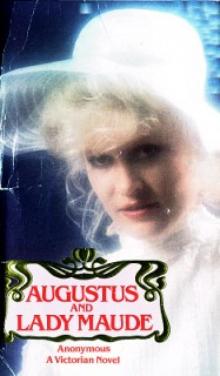 Augustus and Lady Maude
Augustus and Lady Maude Lucy in the Sky
Lucy in the Sky Sight Unseen
Sight Unseen Pleasures and Follies
Pleasures and Follies The Red Mohawk
The Red Mohawk A Fucked Up Life in Books
A Fucked Up Life in Books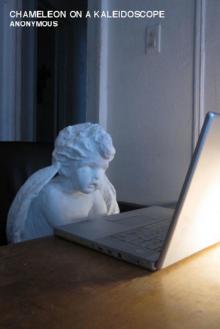 Chameleon On a Kaleidoscope (The Oxygen Thief Diaries)
Chameleon On a Kaleidoscope (The Oxygen Thief Diaries)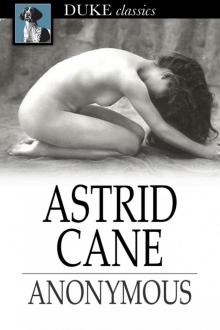 Astrid Cane
Astrid Cane BEATRICE
BEATRICE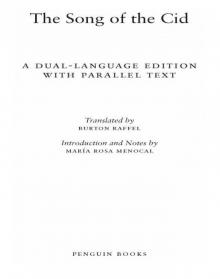 The Song of the Cid
The Song of the Cid